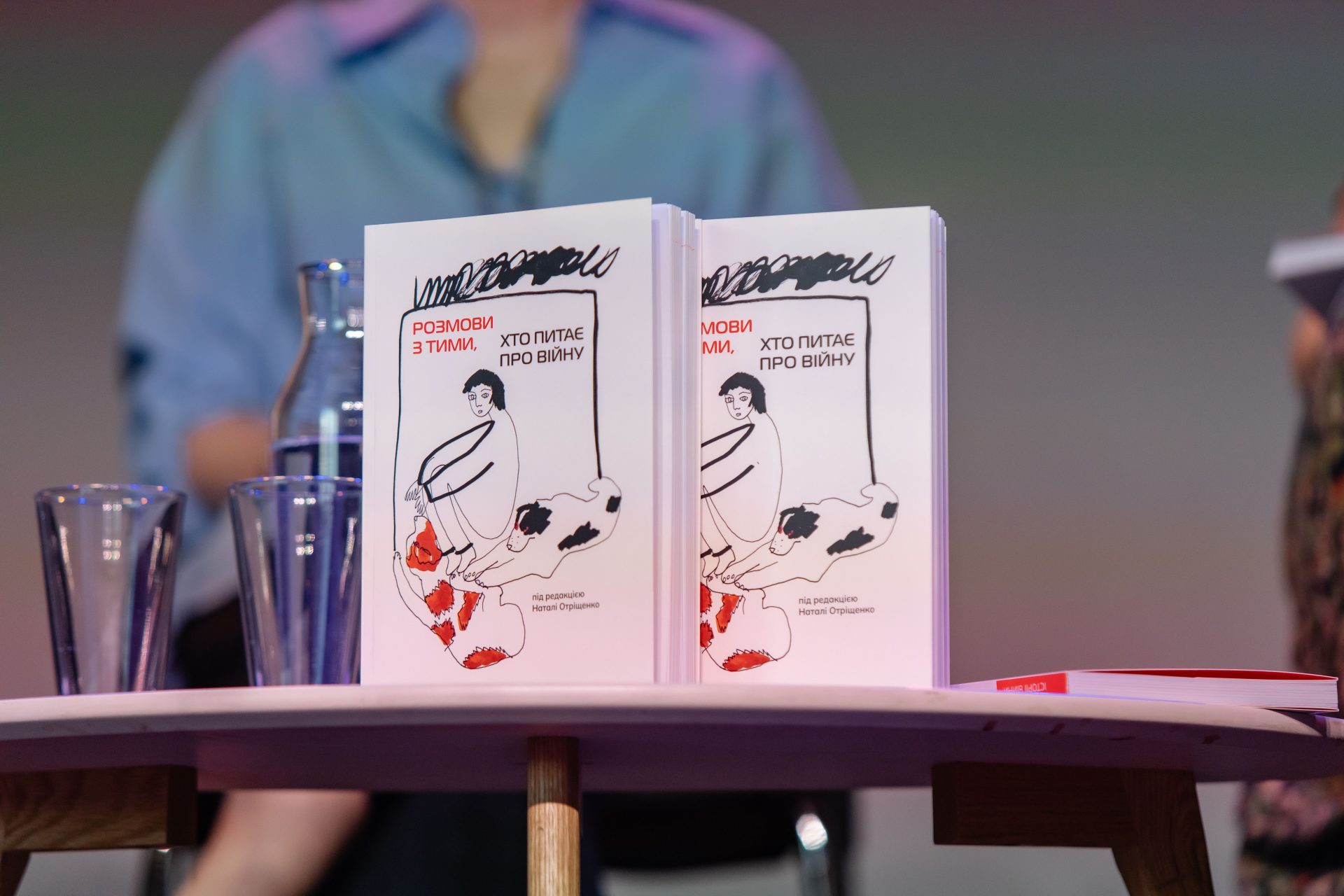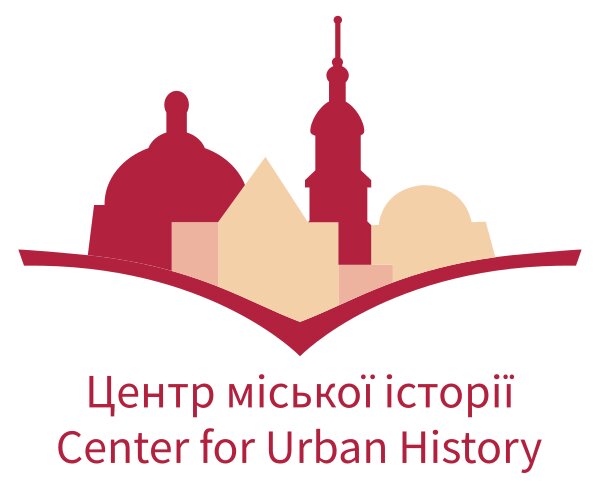"Conversations with Those Who Ask About the War"
02.07.2024
"Face-to-face conversation is the most human – and humanizing – thing we do". Sherry Turkle, a sociologist and researcher of digital technologies at MIT, reminded us of this in 2015. In the world of Russian aggression of 2022, when the gap between words and reality became especially noticeable, conversations with others helped to find these lost connections and navigate the new reality. In a talk, it is easier to give meaning to your experiences and reveal yourself in the presence of the other. In addition, the need to speak comes before the ability to write – it was easier to break the muteness caused by the horror of war through talks with each other than composing texts.
The "Conversations with Those Who Ask about the War" collection grew out of this need to speak. It is based on interviews with researchers and activists who record the reality of Russia's war against Ukraine by talking to eyewitnesses. The idea of documenting the experiences of those who document arose from the understanding that many of our formal and informal conversations remain off-frame, and we have nothing to build the durability of academic thought on. The book's format – dialogic, polyphonic – is a gesture of gratitude for the numerous conversations that helped many of us in the first months after the full-scale invasion. This collection captures the peculiarities of research work in the conditions of war. It shows the transformation of methodological approaches and the transition from quick reactions to thinking about future horizons.
With the collection "Conversations with Those Who Ask about the War," the Center for Urban History and INDEX: Institute for Documentation and Exchange begin a cycle of publications "Stories of War: A Series on Documentation and Archiving" that address various aspects of work in a radically open and threatened moment. In this way, we want to create a space for joint reflection, where we will collaboratively seek answers to the challenges and questions that scholars face during a full-scale war.
Credits
Cover Image: Book presentation during the Symposium "The Most Documented War: Ethics and Practice of International Collaboration" // Bohdan Yemets


